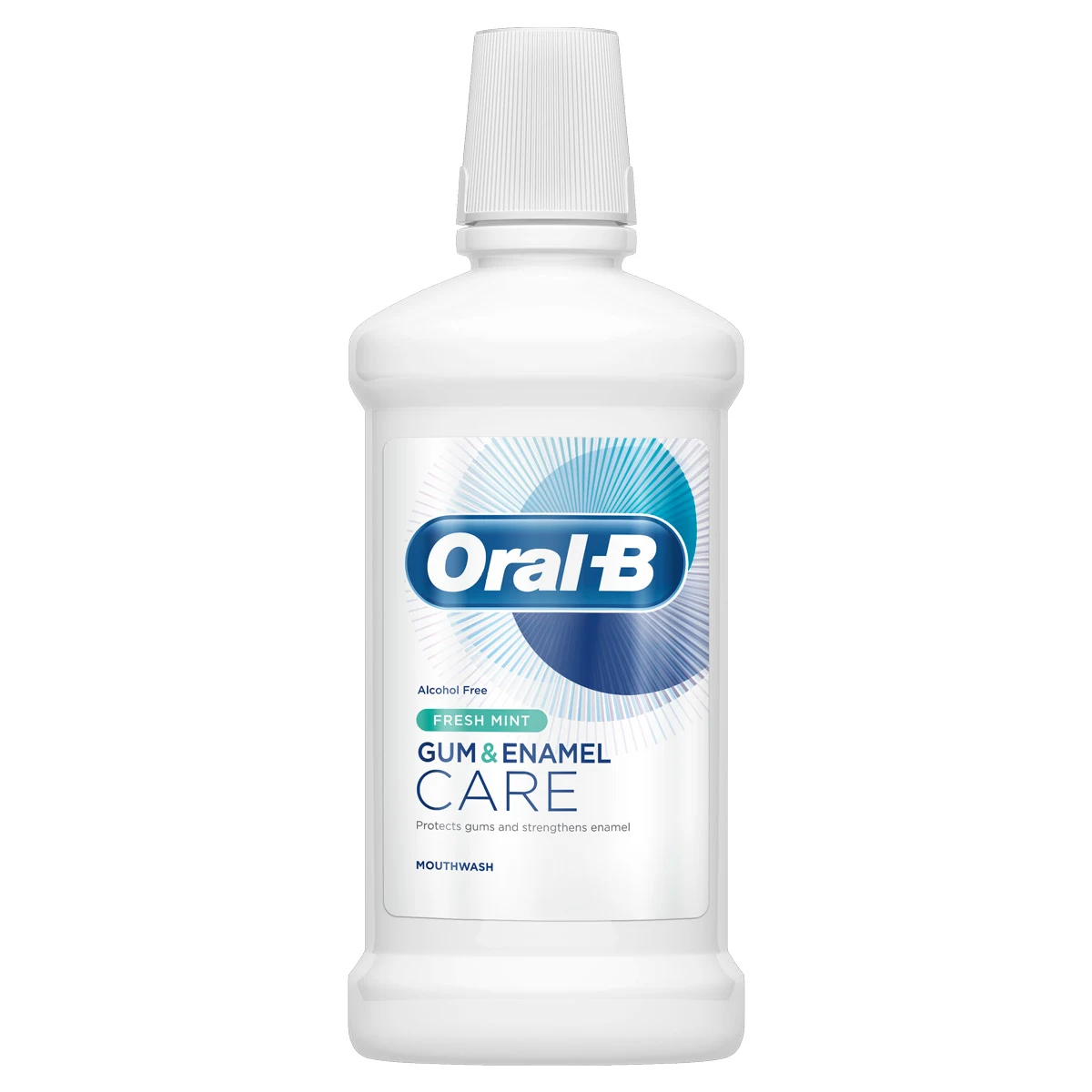
If you’re scheduled to have a tooth extraction, you might be wondering what to expect. While our permanent teeth can last our whole life, several factors can make tooth removal a necessary procedure.
It might seem a little scary, but removing a tooth is a routine procedure for your dentist. When it comes to the lead-up to your treatment and aftercare, you’ll want to follow a few tips to ensure that recovery from your tooth extraction is a comfortable and smooth healing process.
Reasons for Tooth Extraction
The reasons that you may need to have a tooth extraction is to repair problems spotted by you or your dentist or to stop future problems for your teeth. You may well feel symptoms like aching teeth before these issues are identified by your dentist.
The most common problems that may be identified, and mean that you may require a tooth removal, are the following:
Having an infected wisdom tooth. This type of infection is more likely to occur in your wisdom teeth than your other teeth, as this area is difficult to reach and bacteria or food debris can get stuck here.
Crowding in the mouth may be caused by the development of molar teeth if an unexpected number of teeth come through.
Damage to your teeth from issues such as a rotten tooth or an impacted wisdom tooth
How to Prepare for Tooth Extraction?
To get ready for a tooth extraction procedure, your dentist will normally take an X-ray of the tooth causing issues.
As a surgical tooth extraction will normally be carried out under local anaesthetic, you must also inform your dentist if you are currently prescribed any kind of medication, supplements, or other drugs.
To avoid any tooth extraction complications you should also inform your dentist if you have any conditions such as diabetes, liver or thyroid disease, hypertension, an artificial joint, or immune impairment.
It’s also worth knowing you may be prescribed antibiotics if your surgery is expected to be particularly long.
Tooth Extraction Procedure
If you are having a tooth removed via this procedure, you may be wondering how long does a tooth extraction take? To extract one tooth, the operation can take as little as 20-40 minutes but for multiple teeth, it may take an additional 15 minutes per tooth.
Simple tooth extraction
There are two main types oftooth extraction procedures, the first is called simple as it deals with teeth that are visible to you and will normally be carried out by a dentist.
Surgical Tooth extraction
The more complex tooth root removal procedure is surgical tooth extraction. The reason it’s more complicated is that in this case, you may have an impacted tooth that has become trapped inside the jaw. This procedure is more likely to be carried out by an oral surgeon as an incision needs to be made in your mouth.
Tooth Extraction Complications
If your dentist recommends a removal procedure they’ll let you know to expect symptoms like swelling after a tooth extraction. Beyond this, there are a couple of other complications you may experience and we’ll cover how best to deal with them.
What is Dry Socket?
Dry socket is the main complication you should be aware of after a tooth extraction. Once you’ve had a tooth removed, the healing process involves a protective layer of tissue forming over the tooth socket. If this doesn’t happen then you’ll feel signs of dry socket as your tooth socket isn’t protected.
Dry Socket Symptoms
The main symptoms of dry socket are intense pain felt in the bone underneath the tooth that may have been removed and potential inflammation and infection of dry socket can follow your discomfort. If you have felt high levels of tooth sensitivity, the sensations of dry sockets are similar.
How to avoid Dry Socket
There are a number of instructions that you should follow after your tooth extraction surgery:
Avoid touching the area healing with your tongue or your fingers as this can stop the protective blood clot layer from forming
A saltwater rinse can help you keep your mouth clean as it heals.
Avoid smoking or drinking through a straw.
Tooth Extraction Aftercare Tips
Alongside avoiding the possibility of dry socket there are some other dos and don'ts after tooth extraction to keep in mind:
Steer clear of mouthwash or rinses as these can cause irritation during your tooth extraction healing and avoid hot foods for at least a day after your operation.
After a day of healing, a top tip for aftercare for tooth extraction is to use a gentle saltwater rinse after each meal.
Finally, as your mouth is healing you should avoid using an electric toothbrush to let a blood clot form over the affected area. You may wish to use an Oral-B child’s toothbrush to ensure you are gentle with your mouth.
Sources:
https://www.webmd.com/oral-health/guide/pulling-a-tooth-tooth-extraction
https://www.healthlinkbc.ca/health-topics/tm6328 https://www.healthline.com/health/tooth-extraction-aftercare
Related Articles
Sign Up
for expert advice and exclusive offers



